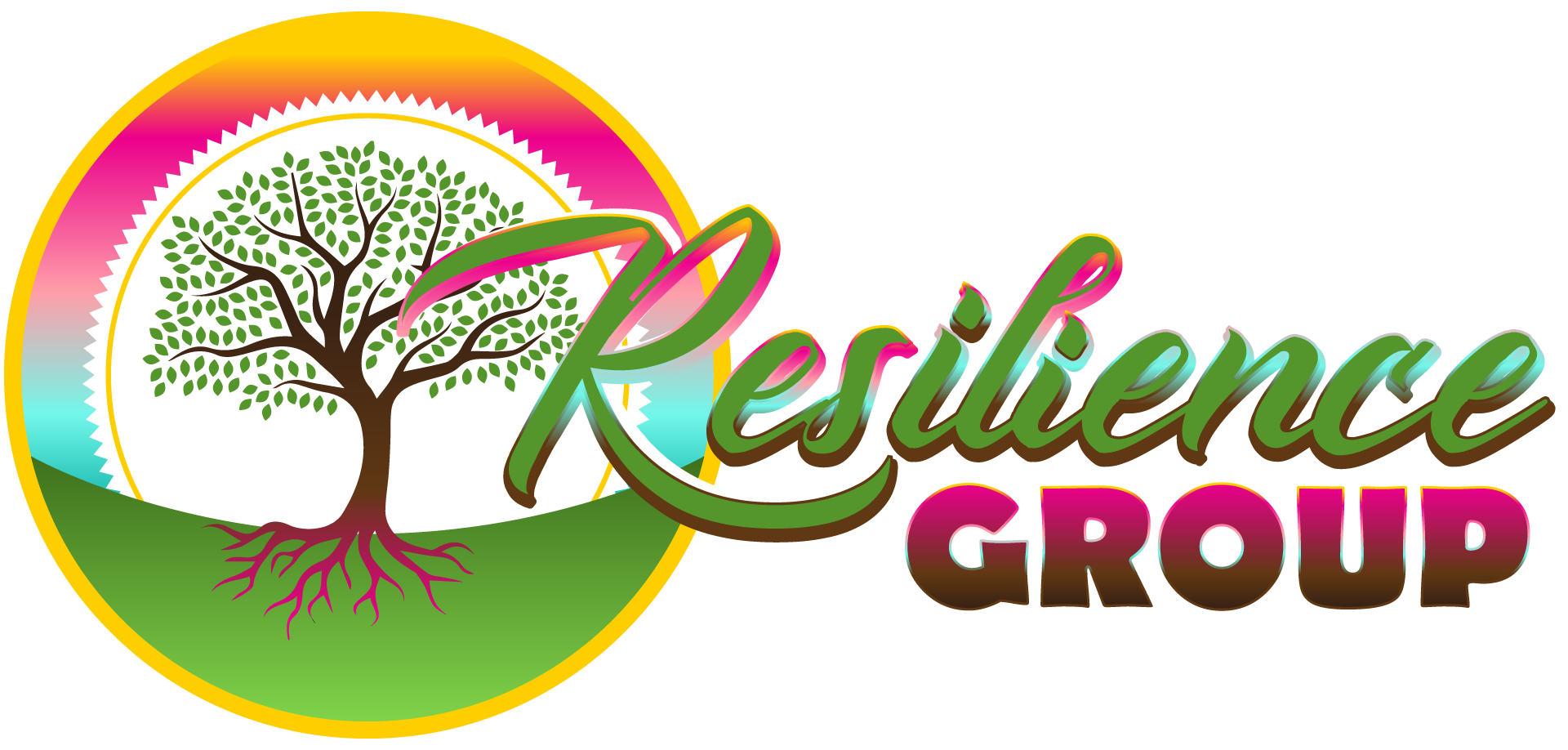Dual Diagnosis:
Dual Diagnosis (also known as Co-occurring Disorders) refers to the condition in which an individual is diagnosed with both a mental health disorder and a substance use disorder (SUD) simultaneously. These conditions often interact and influence each other, complicating the diagnosis, treatment, and recovery process.
Clinical Definition:
A dual diagnosis occurs when a person experiences both a psychiatric disorder (e.g., depression, anxiety, bipolar disorder, schizophrenia) and a substance use disorder (e.g., alcohol or drug dependence, addiction) at the same time. The presence of both conditions can exacerbate symptoms, making it more difficult to distinguish between the two disorders, and often leading to more severe impairment in daily functioning.
Key Features of Dual Diagnosis:
-
Mental Health Disorder: Any psychiatric disorder such as mood disorders (depression, bipolar disorder), anxiety disorders (generalized anxiety disorder, panic disorder), psychotic disorders (schizophrenia), or personality disorders.
-
Substance Use Disorder: Includes alcohol, prescription drugs, or illicit substances (e.g., cocaine, heroin, marijuana) that a person becomes dependent on or addicted to, and whose use leads to negative health and social consequences.
Challenges of Dual Diagnosis:
- Diagnostic Complexity: Symptoms of mental health disorders may be masked by substance use, and vice versa, making it difficult to accurately assess the primary disorder.
- Treatment Resistance: Traditional treatment approaches for either disorder (mental health or substance use) may not be as effective when both are present, requiring integrated treatment that addresses both simultaneously.
- Increased Risk: Individuals with dual diagnosis are at higher risk for complications, including more severe mental health symptoms, increased substance use, greater likelihood of homelessness, involvement in criminal activity, and a higher risk of suicide.

Treatment Approach:
- Integrated Care: Effective treatment often involves a combination of therapy (such as Cognitive Behavioral Therapy or Dialectical Behavior Therapy), psychiatric medications for managing mental health symptoms, and addiction treatment programs (like detoxification, rehabilitation, and 12-step programs).
- Coordinated Services: Providers from both mental health and addiction treatment fields must work together to ensure a holistic approach to care, addressing both issues simultaneously rather than in isolation.
Addressing both conditions concurrently enhances the chances of successful recovery and helps prevent relapse or exacerbation of either disorder.
Contact
(435) 313-8533
Location:
Resilience Group
Saint George, UT 84770
In-person and telemedicine available
